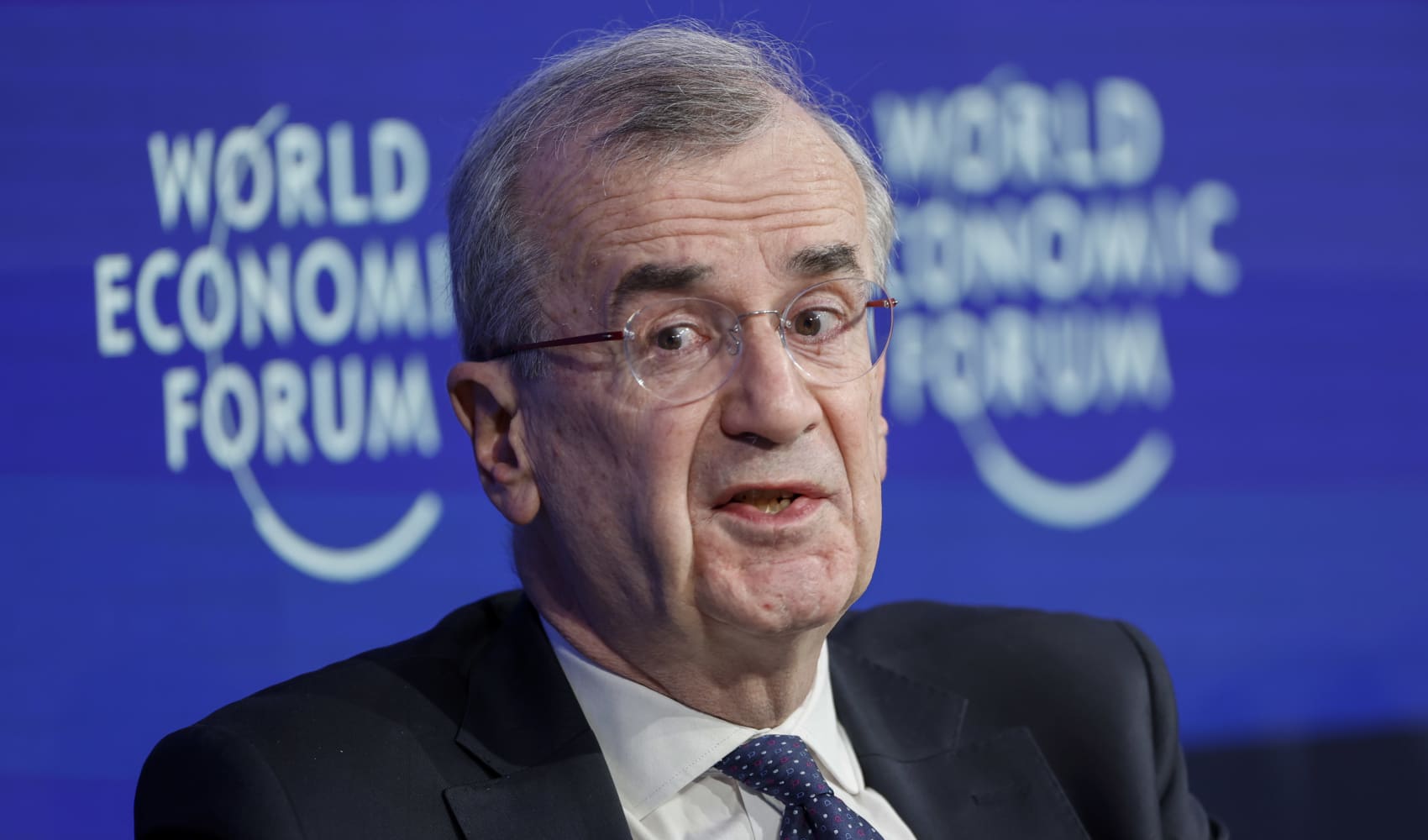
- The region is grappling with a second wave of infections and a subsequent new round of lockdowns and social restrictions.
- These are fueling another slump in economic activity, but Morgan Stanley expects a "strong rebound" in 2021.
LONDON — Europe will recover from the coronavirus-induced crisis three times faster than after the global financial crash of 2008, according to analysts at Morgan Stanley.
The region is grappling with a second wave of infections and a subsequent new round of lockdowns and social restrictions. These are fueling another slump in economic activity, but Morgan Stanley expects a "strong rebound" in 2021.
"In spring 2021, assuming wide availability of an effective vaccine, we see pent-up demand and higher savings fuelling a strong rebound, in an echo of 3Q20," analysts at the bank said in its latest European economic outlook.
Gross domestic product (GDP) sank by more than 11% in euro zone in the second quarter of 2020, when the first lockdowns were implemented. However, it then jumped by more than 12% in the third quarter, alongside a period when lockdowns were lifted.
The bank believes that consumers' willingness to spend, and a high level of savings, will help the economic recovery, coupled by continued fiscal and monetary support.
"This initial surge turns into a sustained robust expansion, backed by ongoing policy support," Morgan Stanley said.
Money Report
The European Central Bank stepped up its purchases of government bonds in the wake of the pandemic, lowered borrowing costs for banks and kept interest rates at record lows. The central bank is expected to announce further stimulus next month.
In addition, governments across Europe have also increased their support, including the implementation of job-retention schemes.
Despite some uncertainty around the economic recovery, "we expect it to be swift, with output back at pre-crisis levels after nine quarters in 1Q21 — a recovery three times faster than after the GFC (global financial crisis)," Morgan Stanley said.
In the wake of the 2008 crisis, the euro zone contracted at a much slower pace than during the coronavirus pandemic, not surpassing -4% for GDP. However, the region struggled to grow significantly in subsequent years.
UBS Global Wealth Management also expects a faster rebound in comparison with 2008.
As restrictions ease, expect a "vigorous rebound thereafter," Dean Turner, chief euro zone and U.K. economist at UBS Global Wealth Management, told CNBC Tuesday.
The bank estimates a contraction of 7.4% for euro zone GDP this year, followed by a rebound of 5.2% in 2021.






